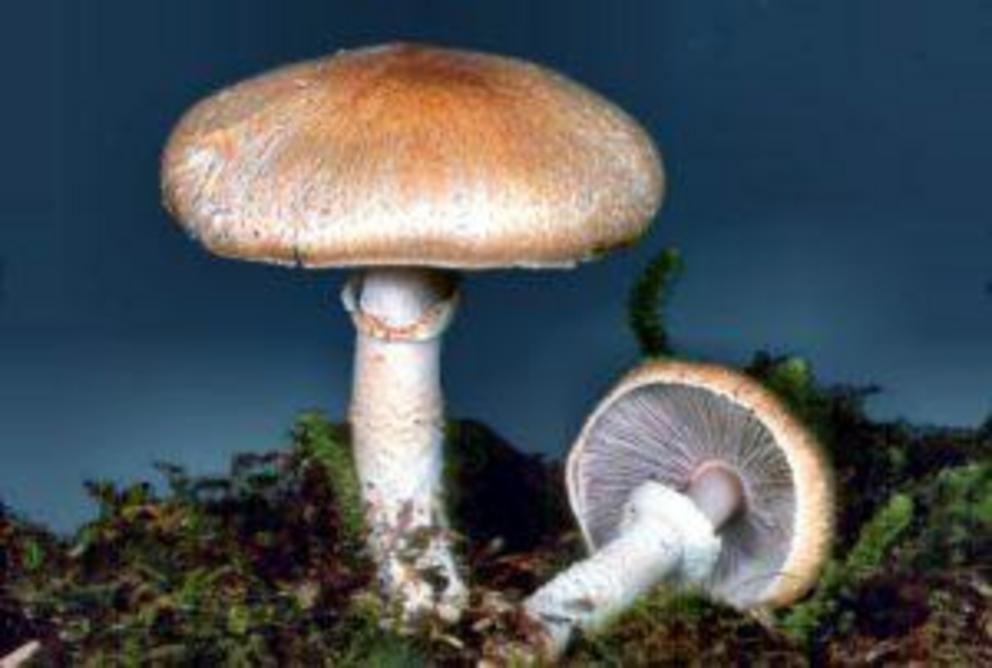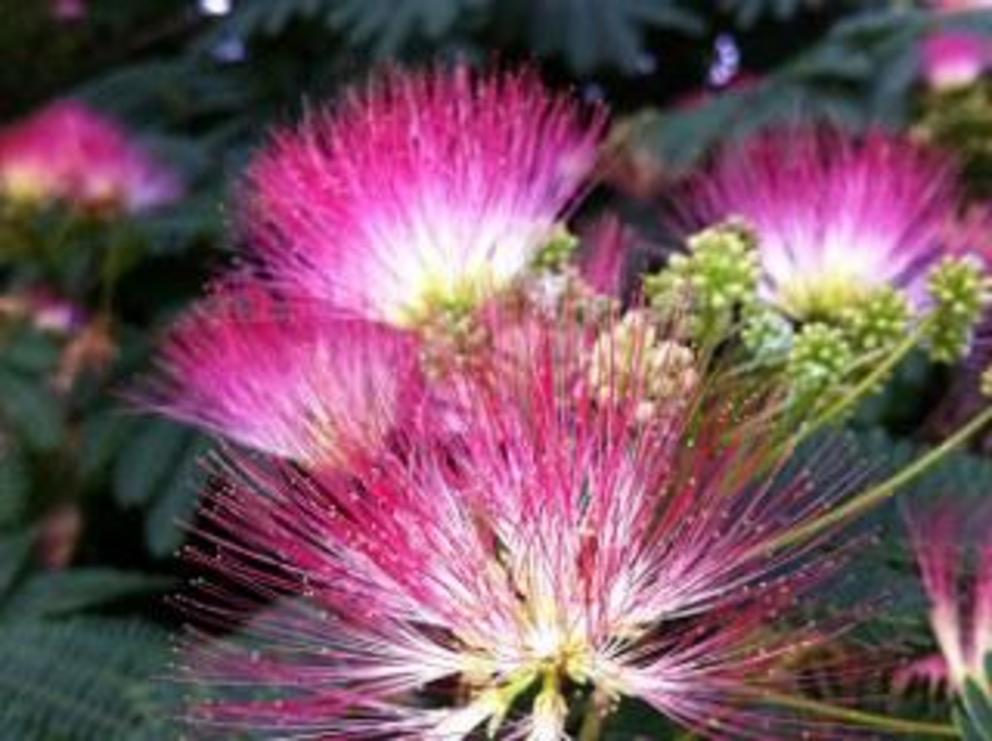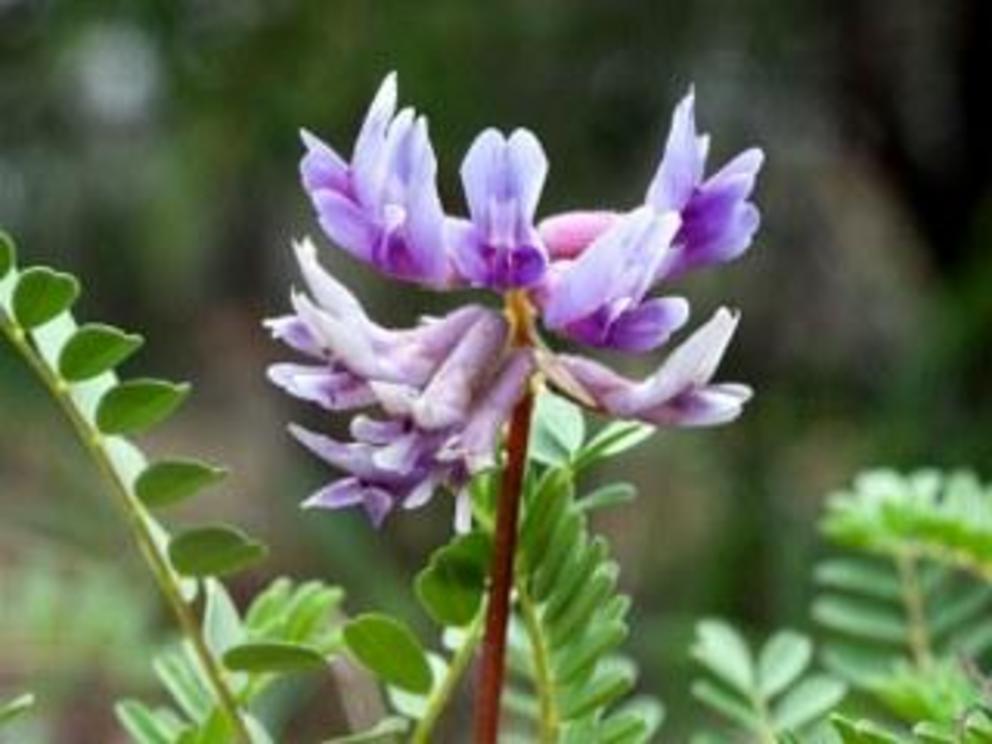The untold secret: how oxidative stress affects depression and anxiety
Does your diet cause depression and anxiety? Surprisingly, many researchers and scientists are finding a strong connection between the foods we eat and depression. While it isn’t yet as straightforward, in terms of findings, there is concrete evidence that nutritional deficiencies from a poor diet high of both unhealthy fats and sugars can create a causation for depression and anxiety. Furthermore, many of these foods have free radicals present which can attack cells, lipids, DNA, and proteins in your body.
In addition, free radicals induce oxidative stress, and oxidative stress is a major contributor to both depression and anxiety. Since the brain is quite vulnerable to oxidative stress, free radicals can easily damage cell membranes and lipids which can then create an environment ripe for depression, anxiety, bipolar disorder and more.
There is good news: Individuals who suffer from depression and anxiety, can fight off oxidative stress with an antioxidant treatment of longevity herbs, which can help to give you an immediate boost. Keep reading to learn more.
What is depression and how does it affect your daily life?
Depression is a significant mood disorder that can affect the individual in many ways including how they think, manage daily tasks, eat, work and sleep. While it is true that people can feel sad or depressed in certain life scenarios, depression is different in such a way that it is a daily feeling of intense sadness, hopelessness, helplessness, and more. It can last anywhere from weeks to years.

The worst part is depression can prevent the individual from living a full life simply because they have lost interest in most activities. Other symptoms include persistent fatigue, irritability, weight changes, difficulty concentrating, moving and talking slowing, and loss of the pleasure of life.
Some people can experience more symptoms than others. In addition, depressive symptoms can last longer for some than others. In severe cases, symptoms may include thoughts of suicide and suicide attempts. You might compare someone with depression to someone who lives with a dark, dreary cloud over their heads.
They may think negatively too such as believing they’re not good enough to try for something they want or what’s the point of socializing if no one likes them anyway. Living in depression isn’t the best way to live, that’s why it’s critical to address it before it gets worse with the right diet and herbs.
To be clear, being sad is not the same as depression. When you are sad, you will experience some of the same symptoms of depression. There might be both withdrawal and sadness. Yet, there is a significant difference: Temporary sadness comes in waves. Depression can last for weeks or more. With short-term sadness, the individual’s confidence levels and self-esteem are in tact.
On the other hand, depression can cause a person to feel permanent self-loathing. In addition, there is a disorder called SAD which stands for seasonal affective disorder. Essentially, SAD is a type of seasonal depression that affects people who are not normally depressed. SAD often starts in autumn when the days start getting shorter, and there is less sunlight.
If you have a hard time focusing, have lost interest in normal activities, and feel worthless every day, then you can confirm that you are depressed. Imagine how much more different your life would be without the persistent depression. What if you could change it, would you?
How does anxiety affect your life?
Now that we have covered the basics of depression, let’s move on to anxiety which is often experienced with depression. Anxiety is a panic disorder. So, depression causes a loss of interest in daily activities while anxiety causes a person to fear doing something. Having both depression and anxiety is a double whammy which can severely, and negatively, impact a person’s life.
Instead of saying “yes” to all the many opportunities of life, a person simply says “no.” So, memories are not made, experiences are missed, and relationships suffer. Most of all, the individual experiences the most pain as they just can’t seem to move forward in life.

Anxiety induces a constant state of fear and worry. The person may also feel as if they can read other people’s minds. Anxiety can also lead to avoidance behaviors such as avoiding the thing, project, person, you find most frightening. And, anxiety can affect anything from work to romantic relationships.
Furthermore, it is common for people who suffer from anxiety and depression to experience an overwhelming sense of loneliness. Then, it starts to turn into a snowball effect. Not to mention, mental health disorders can lead to binge-style eating.
And, to think all of these negative emotions can start with oxidative stress. Why continue to feel bad when you don’t have to? Why live a life in fear and hopelessness, when you can experience joy and excitement once again?
The body and mind connection
Everything in your body is connected. If you stub your big toe, you can feel the pain sear throughout your limbs. So, it stands to reason that your mind is connected to your body. And, if this is the case, by healing your body you can then heal your mind. No, this isn’t a quick fix, but the sooner you start, the better of you’ll be.
Researchers are increasingly tying the health of the body to that of the mind. Certainly, you can’t argue that eating junk food–day in and day out–will start to make you feel like junk as well. When you are feeling depressed or anxious, start thinking about how oxidative stress plays a role.
Herbs that neutralize oxidative stress
It’s important to understand which types of herbs can be used to treat the oxidative stress that can lead to both depression and anxiety. It won’t do any good to just ingest random herbs without first understanding what they can treat and how they work. Depression is unusually cruel because it can also affect the friends and family members of the depressed person.
As a result of depression and anxiety, relationships can become strained to the point where people may even avoid hanging out with the depressed person. The best way to relieve this type of stress is to engage in proactive treatments.
You want to take herbs that enhance cognitive capabilities, promote longevity, boosts your mood, and effectively lights up your receptors. Oxidative stress can lead to serious mental health issues, which will only worsen if left untreated. In fact, oxidative stress and inflammation tend to engage in a self-perpetuating cycle which can further disintegrate healthy brain functions and mood.
Here are some of the many herbs which are helpful for depression and anxiety:

- Agaricus subrufescens – Cancer and tumor-supression properties. Anti-bacterial and anti-viral. Normalizes liver function. Induces cytokine. Activates lymphocytes.
- Albizzia juubrissin bark (He Huan PI) – Anti-inflammatory. Anti-tumor effects. Antioxidant. Reduces anxiety.

- Albizzia flower (HE HUAN HUA) – Reduces obesity. Enhances memory and learning. Neuro-protective. Anti-depressant.
- Agmatine – Protects against rotenone-induced cell damage. Produces antidepressant-like effects. Improves fitness, mood, and cognition. Decreased plasma agmatine levels in autistic subjects. Prevents LPS-induced spatial memory impairment.
- Ajuga turkestanica – Enhances the metabolism. Antioxidant, antimicrobial, and anti-proliferative. Prevents age-related muscular wastage. Improves protein synthesis. Anti-diabetic effects.

- American ginseng – Helps to prevent oxidative stress.
- Arctigenin – Reduced weight gain in study involving obese mice. Protects cortical neurons from glutamate-induced neurodegeneration.
- Ashwaganda – Anti-inflammatory. Anti-tumor. Induces rejuvanation. Improves cognition and memory. Anti-tumor.

- Astragalus membranaceus – Offers cardioprotection. Decreases blood pressure. Anti-diabetes effects. Antioxidant. Increases nitric oxide production. Anti-aging.
- Bacopa monniera – Anti-anxiety effects. Anti-inflammatory. Prevents aluminum neurotoxicity. Anti-Parkinson’s effects. Protects against Alzheimer’s and dementia. Anti-depressant.

- Ceylon cinnamon bark – Anti-microbial. Antioxidant. Anti-diabetic. Decreases blood glucose.

- Cistanche stem – Anti-hyperglycemic. Improves glucose tolerance. Anti-inflammatory. Anti-tumor effects. Anti-viral. Anti-oxidative.
- Chaga – Protects the DNA. Improves insulin sensitivity. Anti-cancer effects. Antioxidant.
For an extensive list of more oxidative stress neutralizing longevity herbs click here: https://theinterstellarplan.com/ingredients/
Final thought
As you can see, oxidative stress does play a major role in contributing to mental health disorders such as depression and anxiety. The good news is you don’t need to spend thousands of dollars on therapy and psychotropic medications which can have scary side effects. You can start to tackle the issues with the simple intake of longevity herbs to fight off the free radicals and turn your mental health around.

